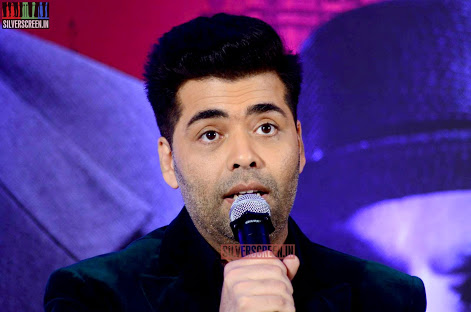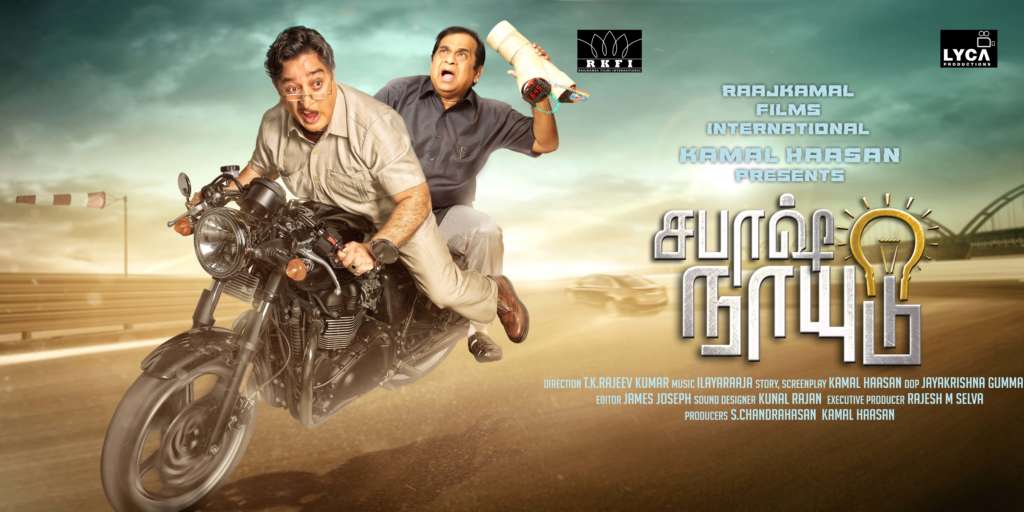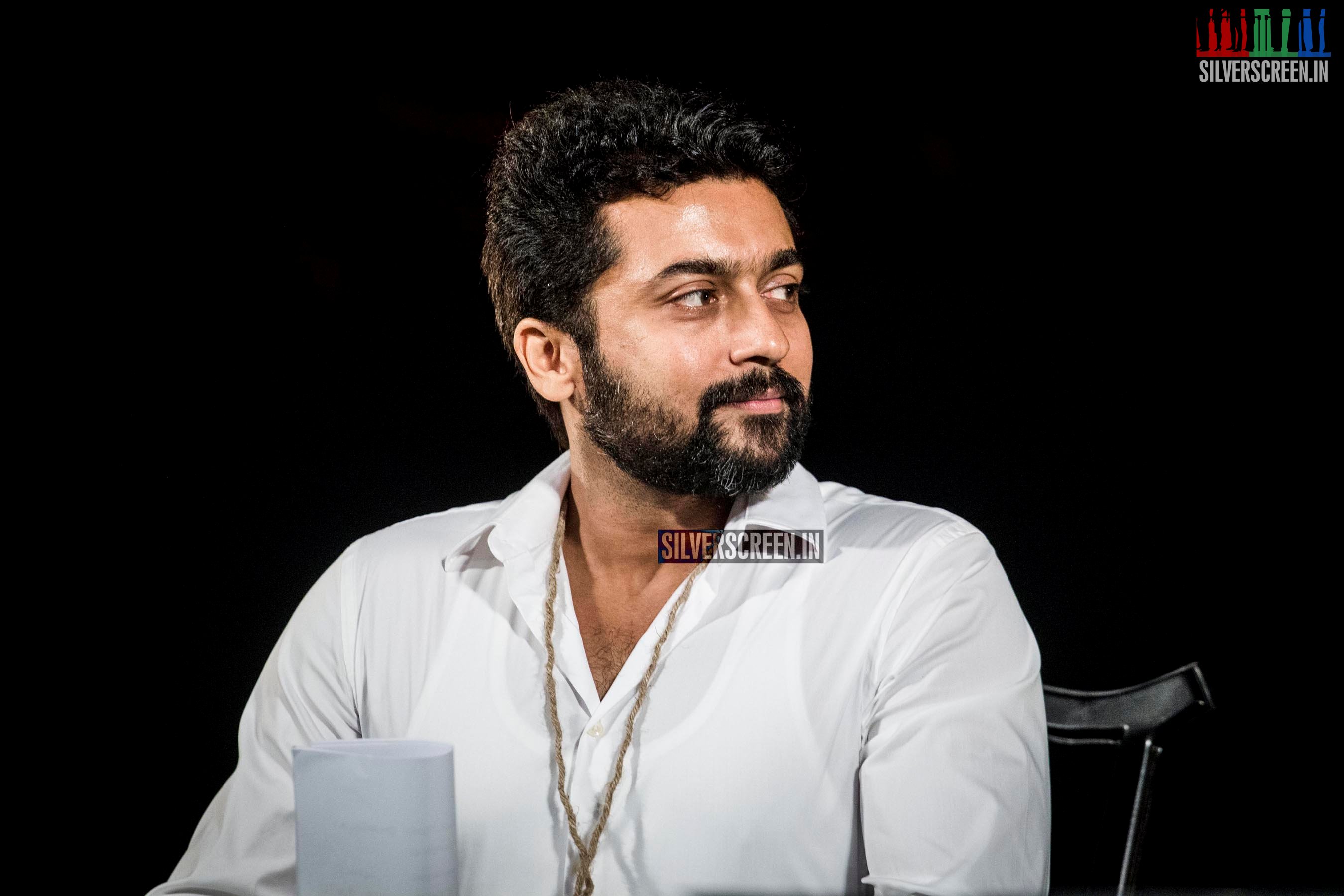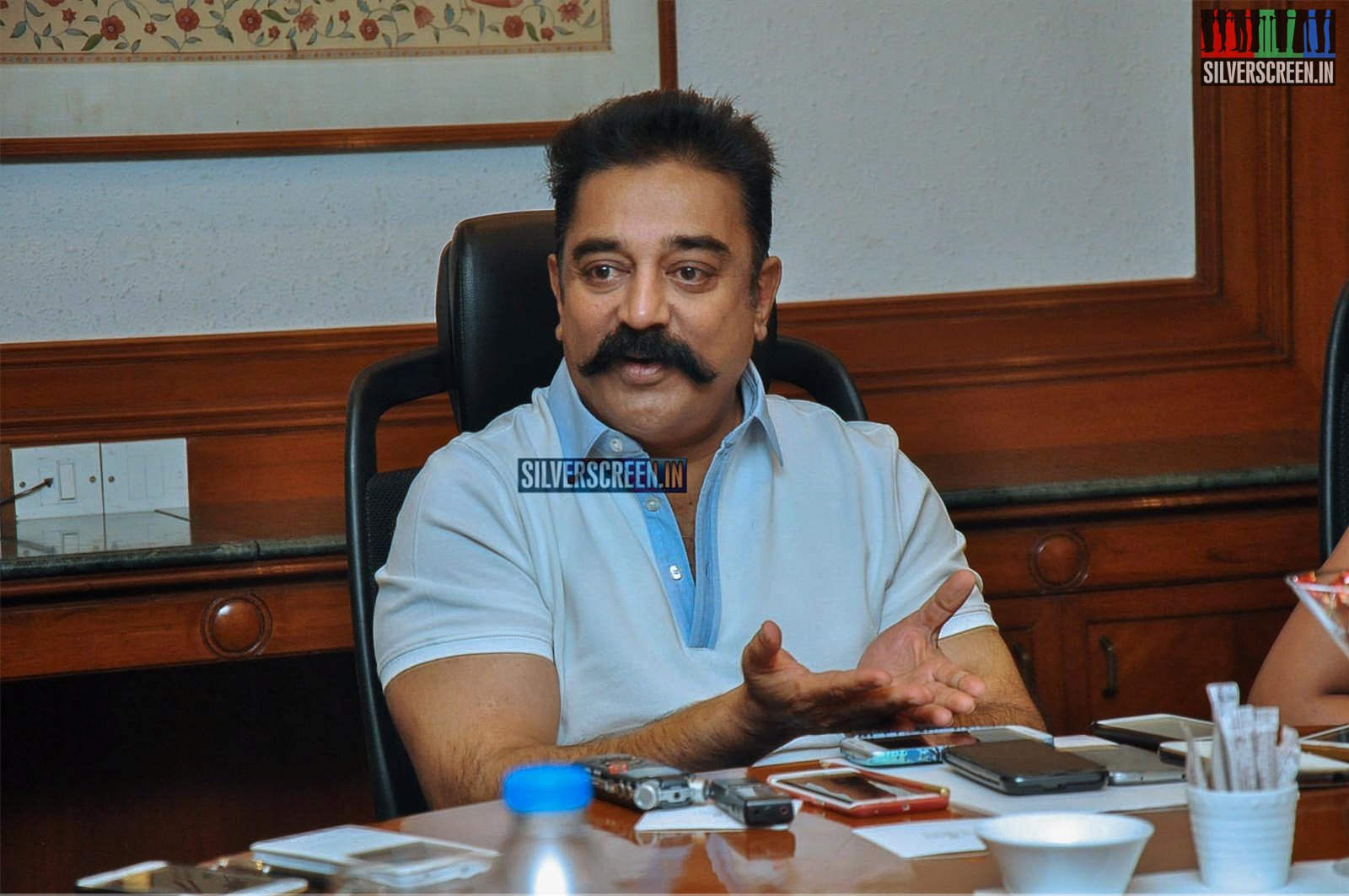At a recent interactive session titled “The Huddle” and organised by The Hindu, filmmaker Karan Johar said that he had decided not to adapt Amish Tripathi’s Shiva Trilogy for fear of repercussions. This is the latest in a series of contradictory signals from Johar that will frustrate anyone who expects him to take a stand for creative expression. In a recent op-ed, for instance, Johar dons an air of bravado with seeming challenges at critics and activists to write whatever they wanted about him, because he loves being in the news and reading about himself.
But then, he admits he found it “deeply disturbing” to be pressured into making a video declaring his patriotism. And he admits feeling bothered by the example he is setting, and how other filmmakers will be affected by it. After all he, more than anyone else, knows how restricted this feels.
“We even have to consider if people will be offended by the lyrics of songs,” he was quoted saying, adding that he has become careful to avoid another controversy.
In October 2016, when Ae Dil Hai Mushkil was gearing up to release, Johar ran into trouble with the right-wing outfit MNS, which had declared a ban on hiring Pakistani actors and technicians. The demands came on the heels of the Uri attack in September, when Indo-Pak relations were at an all-time low. Ae Dil Hai Mushkil had already cast Pakistani actor Fawad Khan.
Johar ultimately released a video where he apologised for recruiting Fawad Khan in his film and repeatedly proclaimed his nationalism.
“There were efforts made by our government for peaceful relationships with the neighbouring country and I respected those endeavours and efforts then. Going forward I would like to say that, of course, I wouldn’t engage with the talent from the neighbouring country given the circumstance,” he said in the video.
However, Johar recently acknowledged that he felt pressured into making the video, agreeing with some commentators that it was a “hostage video”. In a recent opinion piece for NDTV, Johar said:
“I’ve been criticized for going on the record and people have called my statement a hostage video. Yes, I’ve read all that. Yes, it made me cringe. Yes, I looked like I had a gun to my head, and yes, you couldn’t see it, but it felt like it was there.”
In an otherwise lighthearted article with plenty of self-directed humour about how he courts attention (“I read everything and I love it! Call me a masochist, but I thrive even on the criticism” or “At a red carpet event, I make sure I’m not walking behind a bigger star”), Johar acknowledges that there is a certain media attention that “we can all do without”.
It’s also clear that the example he has set and what it means for others (like Sanjay Leela Bansali) bothers him:
“You find yourself feeling coerced and compromised in your morality, your ethics, your principles. Brought to my knees with a hostage video. And when a fellow filmmaker gets humiliated, you wonder if you have set a precedent that he is paying the price for? You hope you’re wrong.”
Without specifying what these “circumstances” were, Johar clearly says that he regrets making the video, even though he knows there’s no taking it back:
“I hated having to sit there and declare my “nationalism” and what should constitute it. But it also got me thinking… I know what circumstances led me to do that, I understand, and it’s not like today, I can apologize for making it, because that might put me into another kind of limelight which I do not want. Would I do it again? Probably not. I hope not.”
The director also seemed to blame the lack of support he received when the controversy around his film soared. Few celebrities spoke up at the time, with some notable exceptions.
“Very unfortunate that I don’t see a sense of support and solidarity in the industry. Only when one is victimised does one feel that we need to stand up for others,” he said.
Recommended
Johar’s admission that he was pressured into apologising on camera has gathered both support and criticism, as expected. Many have called it “timely” while others dubbed it “convenient” now that the film has released, and typical of how the film world will do almost anything to stay in business.
Johar however points out in the Hindu interview, “Even when [producer] Tanmay [Bhat] has to fight in court, he’s the one paying the legal fees. It’s very easy to blame the filmmaker when they take a step back to save the film.”
His sentiments were echoed by Mukul Kesavan and Tanmay Bhat (also inthe session). While Mukul Kesavan said, “It’s your right to take offense, as long as you don’t do something violent about it,” Tanmay Bhat, referring to the legal and police drama after the infamous AIB Roast event, said, “Sometimes you wonder which country this is?”
*****



